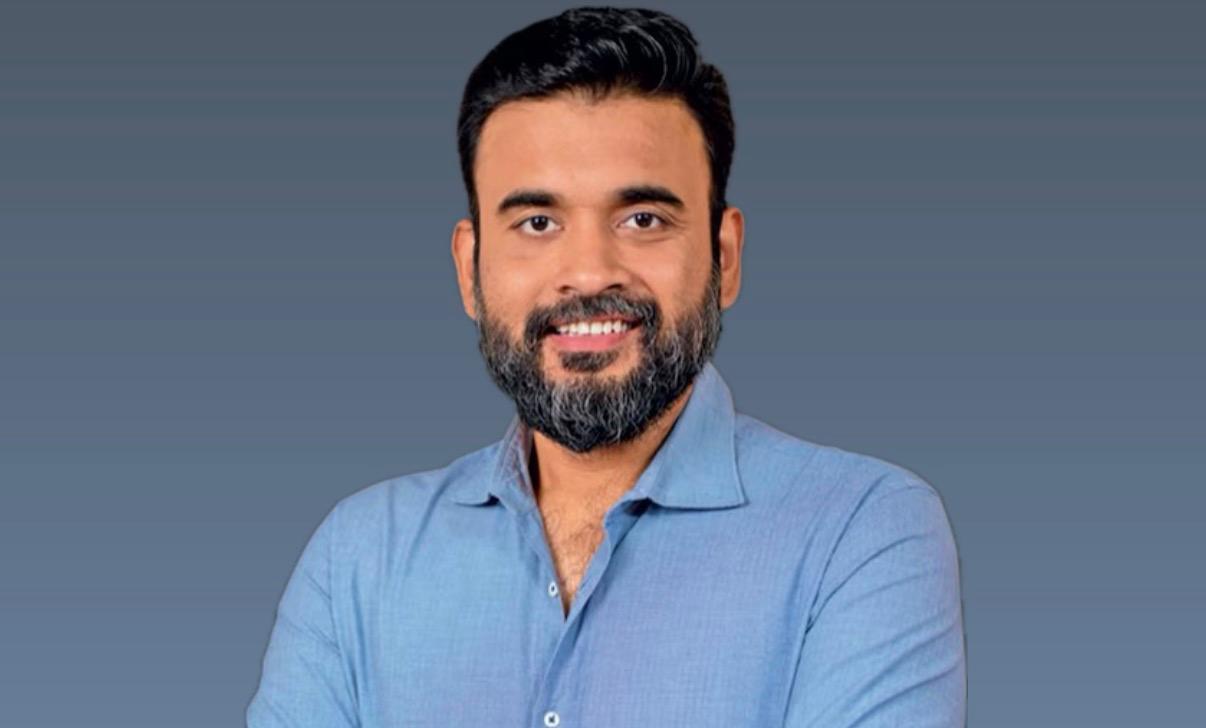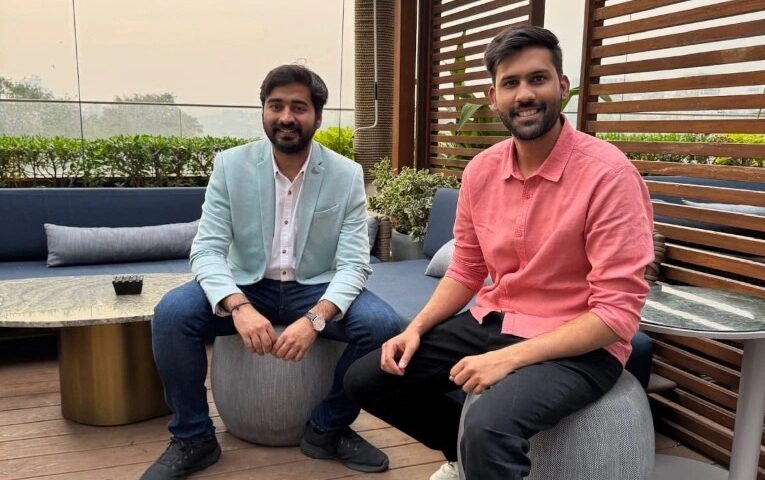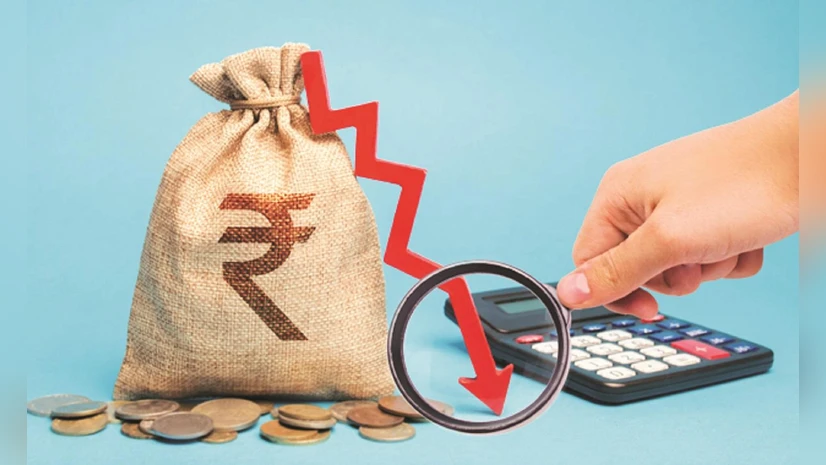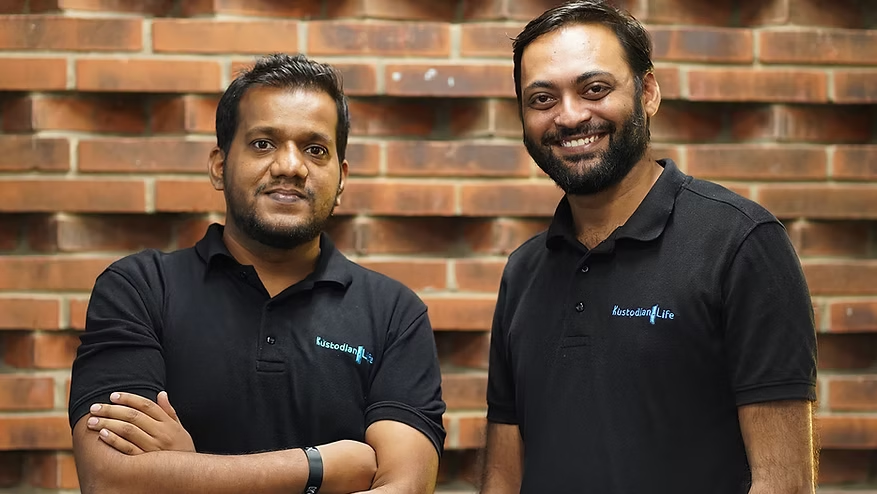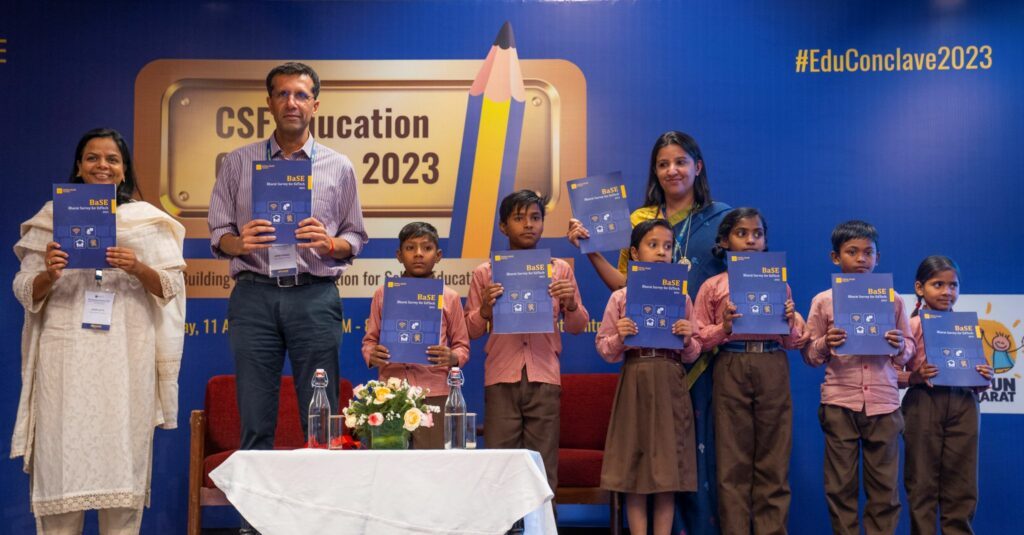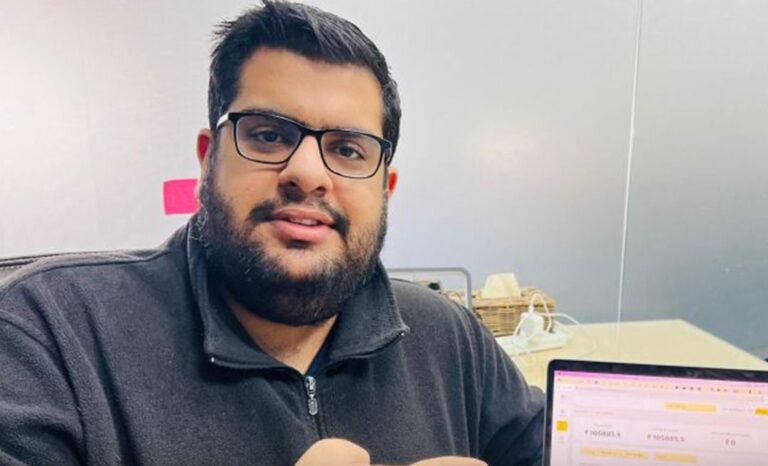The rural credit system in India has always been plagued by innumerable intermediaries. This situation makes it difficult for borrowers, especially rural women, to get credit at an affordable interest rate. To tackle this problem Neha Juneja launched India P2P which is a peer-to-peer lending platform enabling retail investors to earn monthly returns by investing in India’s best borrowers – women and small business owners.
The Brain Behind India P2P
After getting a Bachelors in Engineering from College of Engineering, Delhi, Juneja pursued an MBA from Delhi University. She had previously built and scaled Greenway, India’s largest clean cook stoves enterprise, with operations across rural India and sub-Saharan Africa. For a decade, Juneja worked on the ground with microfinance operators and rural self-help groups as well as international asset managers. This paved the way for her to establish India P2P, in tandem with investment and fintech specialists Ravinder Voomidi Singh and Mohit Gupta.

While on the field, Juneja discovered that loans given to rural women business owners in the country were growing strong and had the lowest defaults. But the capital was going through multiple intermediaries or hoops, before it reached borrowers. So, she launched her own company that makes high-yield debt investment products for retail investors. She said,
“Women entrepreneurs in rural areas face limited access to formal credit, lack of collateral, and limited access to financial services in general. IndiaP2P provides collateral-free loans with standardized terms and streamlined processes, ensuring efficient capital disbursement. We have many examples of borrowers rapidly and creatively expanding their businesses with IndiaP2P loans. For example, Preethi from Tirupati started with one diagnostic centre and quickly expanded to two within a year of her IndiaP2P loan and continues to expand further.”
She aims to be at the vanguard of high-yield debt products in India by removing intermediation and also by being the lowest cost operator in the space. IndiaP2P generates revenues by charging borrowers and investors a nominal fee.

Fulfilling CSR the Right Way
The best part about the business is the social responsibility it so graciously fulfils. The Sustainable Development Goals 1 and 5 of No Poverty and Gender Equality are satisfied by the company. Juneja comments,
“IndiaP2P aligns with SDG 1 by enabling income generation for underserved borrowers through access to credit, reducing dependency on high-interest informal lending. For SDG 5, the platform prioritizes women borrowers, facilitating financial independence and addressing gender gaps in entrepreneurship. The model ensures measurable outcomes by targeting productive uses of capital.”
However, the most significant impact of the business has been on rural women. Due to societal restrictions and lack of collateral, these women have always faced major issues to avail loans despite being the best borrowers. They also make up nearly a third of active retail borrowers in India. India P2P has come to their rescue by providing affordable loans without seeking any collateral. Borrowers are assessed based on their creditworthiness, social proof, and business proposals. Nearly 95% of the borrowers serviced by IndiaP2P are women and 99% of capital goes towards underserved rural and semi-urban areas.
“Women make the best borrowers, because they have been found by research, time and again, to be conscientious, on-time, and disciplined re-payers. Yet, the bulwark of the financial system in India, including people’s mindset, is geared to neglect their borrowing habits and favour male borrowers, despite higher chances of their default”, observes Juneja.
Inclusion of women in the economy is a step towards a better tomorrow. While India is on its way to become the next superpower, it should not forget that women too need to be rightfully included in this development process; something that India P2P is successfully ensuring.
Also Read: India’s Fintech Sector Raises $889 Million in H1 2025, Ranks 3rd Globally Despite Funding Dip










